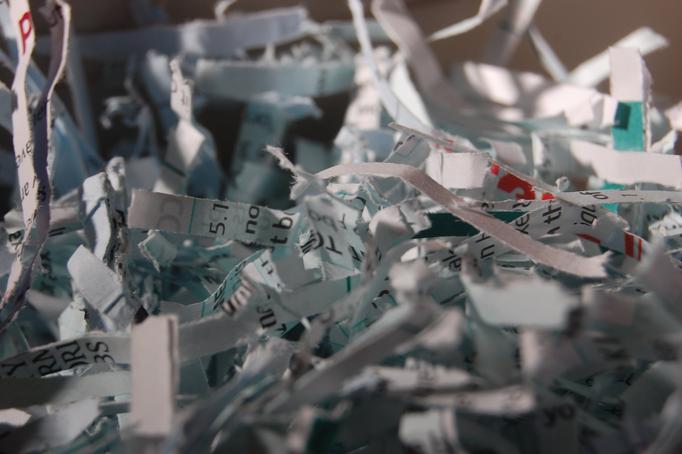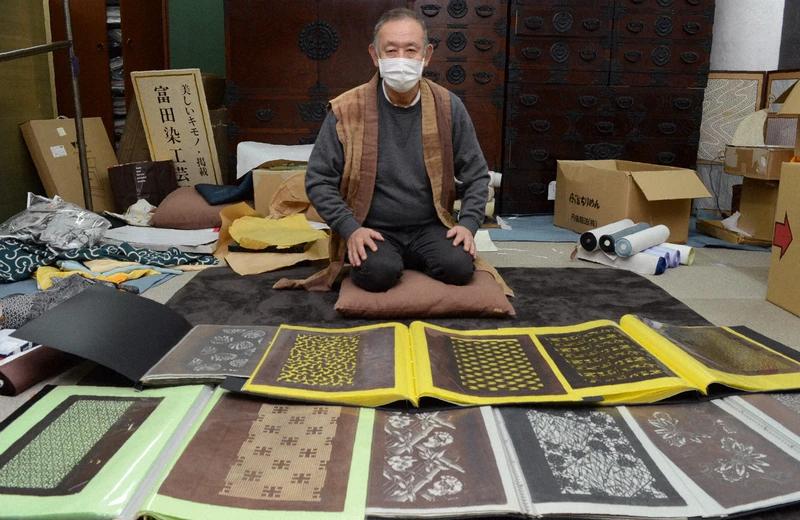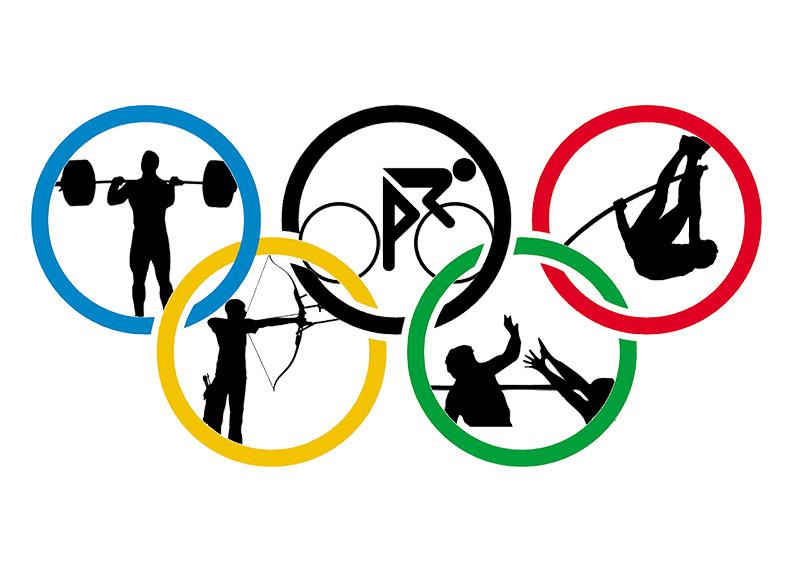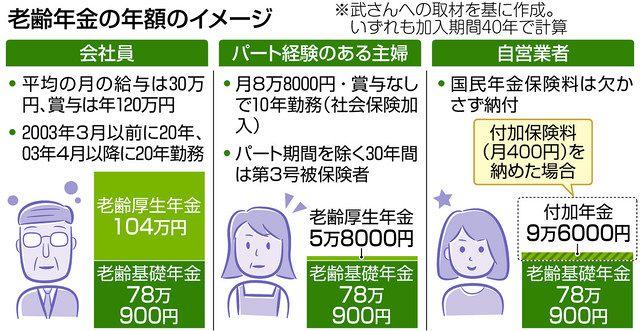"Erase the photo". Users are rushing to remove "past" content on their smartphones and social media. Moreover, in an urgent situation.
The stage is Afghanistan.
It is reported that the Islamist Taliban has seized power in the country, where "dissident hunting" and "blacklisting" of US-backed former government officials have begun.
The danger is pointed out as a clue to content that could be "evidence" of relations with the United States and the previous administration, such as photos left on social media.
The Taliban have already begun checking citizens' smartphones.
Social media will also embark on user support, such as providing buttons that can hide content at once.
On the other hand, the Taliban makes full use of social media to appeal to public opinion at home and abroad.
The social media side shows a stance of tightening regulations, but the Taliban goes through it and attacks with active information dissemination.
Visualized "past" and content regulation for power and violence. The issue of social media has emerged all at once over Afghanistan.
● "Erase photos"
Harida Popal, co-founder of the Afghanistan Women's Soccer League and former captain of the women's soccer team, now in exile in Denmark, said in a video interview with Reuters.
Popal's reason for this is a sense of crisis about being the target of the Taliban, which has suppressed women's human rights.
Amnesty International, a human rights group, has taken control of the Taliban and released on August 16 that thousands of women, activists, journalists and scholars need urgent protection from the Taliban. Has been announced.
It is said that there are already movements such as "journalist hunting", and there was an incident in which the family of a journalist of the German broadcasting station "Deutsche Welle" was killed.
From the same sense of crisis as Mr. Popal, the movement to delete photos left on smartphones etc. is spreading among Afghan citizens.
In Kabul, the capital city that fell on August 15, many people removed photos and documents stored on smartphones and social media from family and friends to avoid being targeted by the Taliban, according to NBC News. He says he is calling to do it.
However, since social media is now also a social infrastructure, some citizens are unable to delete the account itself, and it seems that they are rushing to delete photos that could be targeted by the Taliban.
However, there are cases where the "help page" that explains how to delete content does not fully support the official languages of Afghanistan, which is a multi-ethnic country, Pashto, and Dari.
● Social media support
Nataniel Glacier, head of Facebook's security policy, said in a series of posts on Twitter on August 19.
Glacier also said that in Afghanistan, Facebook's "friends" list and search features will be temporarily removed, and Instagram will display pop-up alerts with account protection instructions. ..
According to Reuters, Twitter will work with the US archive site "Internet Archive" to delete copies of Twitter posts (tweets) stored on the site at the request of users.
From 1996 to the present, the "Internet Archive" archives more than 600 billion web pages from around the world. It is a huge library that contains the history of the Internet.
In addition, Twitter said that accounts that are likely to be at risk may be temporarily suspended.
Microsoft's business-oriented social media "Linkedin" is also temporarily hiding information about user connections in Afghanistan.
US federal agencies have also begun deleting content online one after another.
The United States Agency for International Development has told the Associated Press that it began deleting related content on the site on August 13, two days before the fall of Kabul.
The United States has continued to provide Afghanistan with a large amount of civilian support as well as military support.
The White House summarizes that since 2002, after the fall of the Tullivan administration, US security assistance has been $ 88 billion, while private sector assistance has reached $ 36 billion. Of this amount, the humanitarian assistance provided by the International Development Agency alone will amount to nearly $ 3.9 billion.
The human connection with those private citizens is also visualized on the Internet, and there is a danger that the Taliban will catch the eye.
The Associated Press also said that the Department of State and the Department of Agriculture are also removing content from Afghanistan's private stakeholders from websites and social media.
The NATO-led Afghanistan military support mission's Twitter account has also been closed.
● Utilize the Taliban
During the Taliban administration from 1996 to 2001, the use of the Internet was also banned, but now Taliban is also using social media as an information dissemination tool for creating a "moderate" image.
According to the New York Times, videos of Taliban officials telling female health workers that they can continue to work and that a minority of Sikhs are guaranteed freedom are social. It is transmitted on the media.
However, there is a temperature difference in the response of each company that provides services regarding the use of Taliban social media.
Although the United States has not recognized the Taliban as an "Overseas Terrorist Organization (FTO)", it has taken measures such as asset freezes in the United States as a "Specially Designated Global Terrorist (SDGT)" since 2002.
Monica Beckert, Facebook's vice president of content policy, told Reuters.
Facebook has said that the Taliban has been banned from being used as a "dangerous person and group" in the company's community regulations.
According to the Financial Times, Facebook's message service WhatsApp has closed the Taliban's emergency hotline for receiving complaints from citizens along with other Taliban official channels on the 17th.

A YouTube spokesperson told the web media "Records" that "accounts that appear to be owned and operated by the Afghan Taliban will be deleted as soon as they are found."
YouTube cites the US government's "specially designated international terrorist" designation and its policy of banning violent incitement content.
Twitter, in contrast, has not taken a comprehensive ban on the Taliban. Accounts from multiple Taliban spokespersons with more than 300,000 followers are still in use.
In response to the "Record" interview, a Twitter spokesperson said, "People's safety (in Afghanistan) is our top priority." And content that violates the rules of spam will be scrutinized. "
Although social media shows a regulatory stance, the Taliban will also step up its offensive.
According to an analysis by the New York Times, a spokesman released five videos on YouTube when the Taliban seized Kabul on August 15. These were shared by multiple Taliban-supported Twitter accounts and were viewed more than 500,000 times in 24 hours.
● Erasing the "past" and restricting content
Set in Afghanistan, the movement to erase the "past" of social media and regulate content over power and violence is happening at the same time.
The problem of visualization of the "past" on the Internet and the fact that the "past" never disappears has been pointed out for some time. That is being questioned here in extremely harsh conditions.
On the other hand, deleting the contents of public sites such as government agencies also has the aspect of erasing history.
And how much should the platform allow and regulate accounts and content related to power and violence?
This is a continuation of the debate over the deletion and suspension of the account of former President Donald Trump over the January invasion of the US Capitol.
* Reference: Mr. Trump's speculation to sue Facebook, Google, Twitter ( 07/09/2021 newspaper )
* Reference: Facebook and Twitter have changed, and where is Mr. Trump's account suspended? ( 01/08/2021 Newspaper )
The movement in Afghanistan has brought to the surface the problems of social media in a condensed form.
(* Reprinted after being revised and revised from "Newspaper Science" dated August 23, 2021 )







![Advantages of "Gravio" that can implement face / person recognition AI with no code [Archive distribution now]](https://website-google-hk.oss-cn-hongkong.aliyuncs.com/drawing/article_results_6/2022/2/25/98ceaf1a66144152b81298720929e8e7.jpeg)